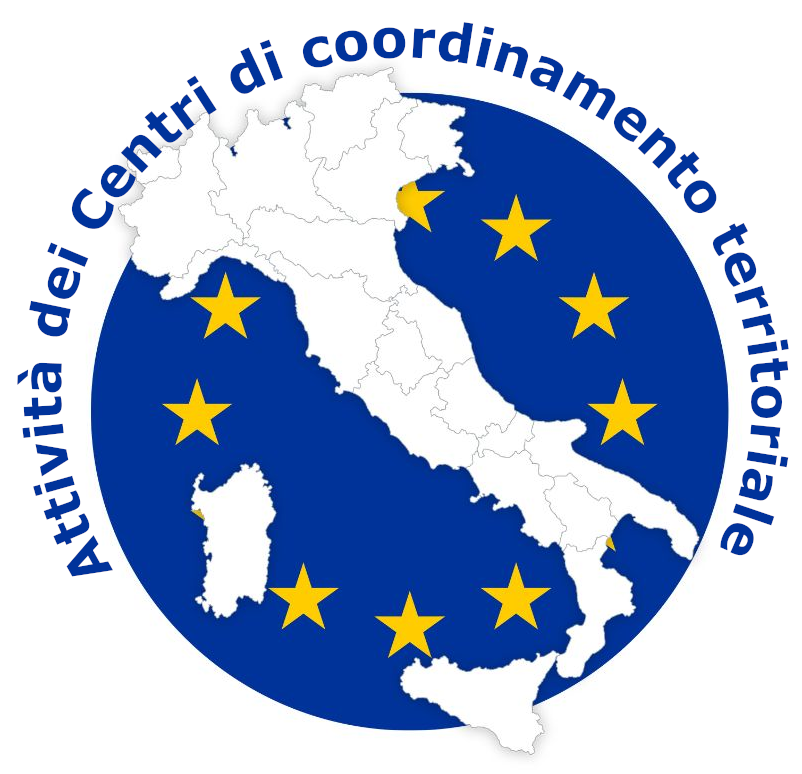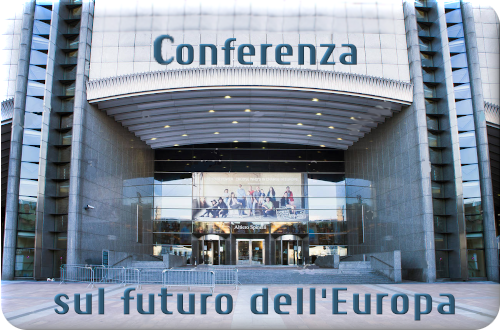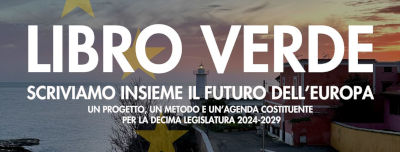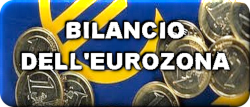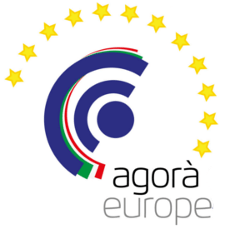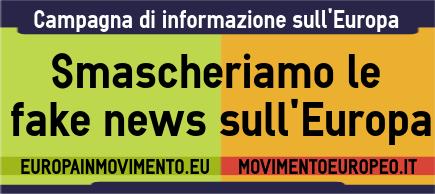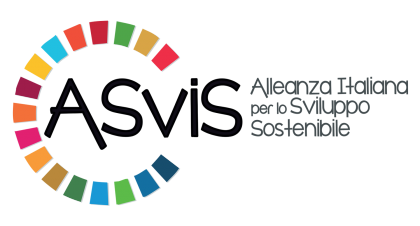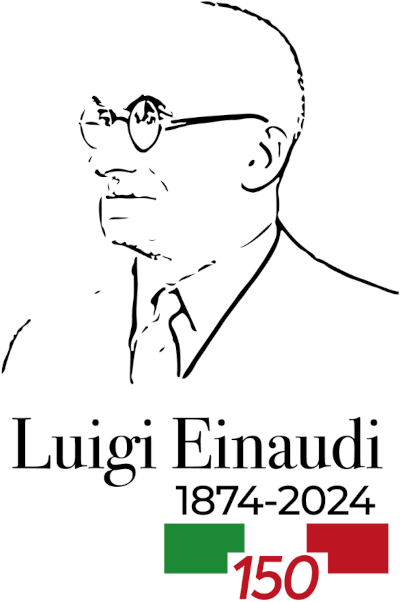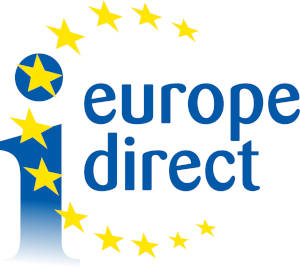Lunedì 19 aprile, si è svolta la conferenza stampa sul lancio della piattaforma multilingue digitale della Conferenza sul futuro dell’Europa, alla presenza dei tre copresidenti del comitato esecutivo della Conferenza: Guy Verhofstadt a nome del Parlamento europeo, Ana Paula Zacarias, Segretaria di Stato portoghese per gli Affari europei a nome della Presidenza del Consiglio dell'UE e Dubravka Šuica, Vicepresidente della Commissione per la democrazia e la demografia.
La piattaforma, disponibile in 24 lingue, consentirà ai cittadini di tutta l’Unione di condividere e scambiare idee e opinioni attraverso eventi online.
Tutti gli eventi relativi alla Conferenza che saranno registrati sulla piattaforma saranno visualizzati su una mappa interattiva, che consentirà ai cittadini di navigare e registrarsi per gli eventi online. Per predisporre e promuovere le loro iniziative, gli organizzatori potranno usare il kit di strumenti disponibile sulla piattaforma. Tutti i partecipanti e gli eventi dovranno rispettare la Carta della Conferenza sul futuro dell'Europa, che stabilisce le norme per un dibattito paneuropeo rispettoso.
VISITA IL SITO DELLA PIATTAFORMA
RIVEDI LA CONFERENZA STAMPA DEL 19 APRILE
***********
FLASH EP - AFCO - Transparency Register/Conference on the Future of Europe/Art. 50 (12-13 April 2021)
On 13 April 2021, the EP's Committee on Constitutional Affairs (AFCO) approved the Agreement between the European Parliament, the Council and the European Commission on a mandatory transparency register (2020/2272(ACI)), rapporteur Danuta Hübner (EPP, PL), paving the way for the final adoption of the Agreement.
MEPs also held debates on a series of issues linked to the Conference on the Future of Europe, including an exchange of views with CoFE Executive Board co-Chairs G. Verhofstadt (Renew, BE) and VP Šuica; several questions were raised, ranging from the involvement of citizens to the Conference's budget and the functioning of the Conference's digital platform. Finally, MEPs were presented a study on the legal and institutional assessment of the implementation of Art.50.
Transparency Register
In her report, Ms Hübner proposed a Parliament decision to approve the conclusion of the IIA on a mandatory transparency register and the Political statement of the three institutions (both annexed to the report). On 12 April, AFCO voted on the 60 amendments tabled by the political groups, as well as on the five compromises proposed by the rapporteur (not referring to the IIA, which was already agreed by the three institutions at political level). On 13 April, the report, as amended, was adopted with 26 votes and 2 abstentions (ECR). Thus AFCO paved the way for the adoption of the IIA, with possible plenary vote on 26 April.
The Conference on the Future of Europe and the role of the European Parliament
Commission Vice-President and CoFE Executive Board co-Chair Dubravka Šuica stressed the importance of the CoFE and of openness and collaboration among the institutions, recalling the content of previous Executive Board meetings. On the Conference's platform, she said it would be launched in the presence of the Board's co-Chairs, stressing that it would be a key part of the feedback mechanism - follow up would need to be a central part of the CoFE - and asking MEPs to promote it. The platform belonged to and was the joint responsibility of all the institutions. Stressing that disinformation would not be tolerated on the platform, she noted that the system allowed for citizens to signal abusive content. On other issues, she noted the commitment to keep inviting non-permanent observers to the Board meetings. She informed that the common secretariat was working on the broader rules of procedure of the Conference and that the institutions' communications services were working on the 9 May event and on a common communication strategy - noting for instance an upcoming joint op-ed by the three co-Chairs. She stressed that the CoFE was not meant to replace representative democracy, but invited to trust citizens, arguing that they should have an appropriate representation in the CoFE structures.
G. Verhofstadt, Executive Board co-Chair, called for regular reporting in AFCO on the Conference's activities, through a regular point on the issue on the agenda of the next AFCO meetings. He noted the importance of citizens' participation, stressing that the platform would act as a sort of social media of the CoFE, with the Charter's purpose being to keep the platform "clean" and avoid the problems of social media like Facebook. The platform would feed into citizens' panels (organised probably after the summer break, their organisation was being looked into), whose conclusions would be uploaded onto the platform and in turn feed plenary sessions. The idea was to have the first plenary in mid-June. On the plenary composition, he called for balance between national and European level representation, for a true representation of national parliaments (4 people from every MS at least) and a "big number" of Council members and citizens. He expressed hope to have the Conference rules of procedure ready by 9 May.
In the exchange of views that followed, different opinions emerged on the question of moderation of the platform, with some MEPs expressing concerns about possible censorship (Buxadé Villalba, ECR, ES) and others worrying about anti-Europeans exploiting the censorship narrative or the platform to push their message (Hübner, EPP, PL; Gozi, Renew, FR). Green MEPs D. Freund (DE) and N. Nienaß (DE) insisted on the need to ensure that the platform was focused and engaging, while G. Bischoff (S&D, DE) and P. Rangel (EPP, PT) called for addressing all citizens, not only digital natives, with requests as well concerning the involvement of citizens in candidate countries (Bilčík, EPP, SK). O. Karas (EPP, AT) criticised the lack of information available about the platform and about other aspects of the Conference, with P. Silva Pereira (S&D, PT) also cautioning against rushing things. The question of the budget available for the CoFE was also raised, either to ask for an adequate one (Freund) or to criticise the idea of investing money in the Conference (Buxadé Villalba) - VP Šuica noted that there would be no single budget line and that different institutions would contribute on different aspects of the Conference. Several speakers (Ruiz Devesa, S&D, ES; Durand, Renew, FR; Gozi) also insisted on the need to have an adequate representation of citizens in the Conference's bodies and on the need for feedback (Freund; Scholz, The Left, DE), while S. Simon (EPP, DE) said the Conference could not replace representative democracy.
Citizens' dialogues and Citizens' participation in the EU decision-making
Rapporteur H. Scholz (The Left, DE) stressed that in a complex governance structure as the one characterising the EU, legislators had to open new channels for citizens' engagement. Noting that this was a key task of the CoFE, he maintained that suggestions made as part of his report could be considered in the context of Conference, while also calling on the Commission to already come up with proposals to improve current instruments (e.g. ECI) and stressing the need to develop a permanent mechanism for consultations. He expressed his hope to have the report adopted before the summer break.
In the ensuing exchange, speakers largely supported the draft report, in particular supporting the idea of establishing a permanent mechanism for citizens' consultations (Hübner, EPP, PL; Durand, Renew, FR; Ruiz Devesa, S&D, ES) and the need to improve existing participatory instruments (Hübner, Alfonsi, Greens/EFA, FR), to strengthen in particular the engagement with youth, with Mr Durand calling for a stronger wording on the need to promote the right of initiative, including for citizens. Mr Negrescu (S&D, RO) stressed the need to distinguish between the CoFE and citizens' consultations, although Mr Ruiz Devesa argued that in the context of CoFE it was essential to involve civil society. Mr Nienaß (Greens/EFA, DE) stressed the importance of education in parallel with giving citizens the means to be heard.
The PETI committee is associated for this report. Next steps: amendments deadline on 3 May, AFCO vote on 22 June and plenary vote expected for July.
Working Document n° 1 on Democratization of the European Union: improving the accountability, transparency, capacity and responsiveness of the Union’s institutions
Rapporteur S. Simon (EPP, DE) considered that the subject of his working document should be the core of discussions as part of the CoFE, which should focus on how to change governance structures. He argued that the EU was suffering from fragmentation of discourse, lack of transparency in the Council and lack of publicity for the EP. Its democratic deficit stemmed in particular from the lack of a common public sphere and the diffusion of responsibility in the EU, making it difficult for voters to have an impact, with the consensus culture and intergovernmental arrangements resulting in citizens blaming the institutions as a whole. He considered that the Commission should be more accountable to voters and called for a shift towards bicameralism. He also called for the EP to reform its rules of procedure to improve the debating culture in Parliament.
In the ensuing exchange, a clear difference emerged between MEPs advocating a federal model (e.g. In't Veld, Renew, NL) and others pushing back on it (Rangel, EPP, PT), with the rapporteur considering that while the national model could not be transferred to the EU level, the intergovernmental model was still inadequate. G. Bischoff (S&D, DE) considered that while some progress had been made in democratisation, recent years had also seen steps in the wrong direction, with the EP weakened through a revival of the intergovernmental method and the Commission increasingly risking to become a sort of Council secretariat (echoed by In't Veld on this). N. Nienaß (Greens/EFA, DE) called for reducing the number of Commissioners, for transparency in the Council, for an EU finance minister and for further elaborating in the working document the idea of a parliamentary dimension for the Eurogroup, arguing against the idea of a separate parliament. Mr Nienaß and D. Boeselager (Greens/EFA, DE) welcomed the reference to the need to increase the debate culture in the EP. Ms In't Veld argued that reforms were needed beyond the CoFE context.
Study on "Interpretation and implementation of Article 50 TEU – Legal and institutional assessment"
Presenting the study, Ioannis Papageorgiou, Associate Professor of International and European Politics at the Aristotle University of Thessaloniki, considered that Art.50 had advantages and disadvantages and that while Brexit constituted a precedent in many respects, some aspects characterising the process were not clearly enshrined in the Article (e.g. specific sequencing, format of negotiations, divisions of responsibility among the institutions). He put forward some suggestions for improving the Article, with or without Treaty revision: reflecting again on the pertinence of Art.50 (e.g. removing it altogether or introducing clearer rules on how to leave); reducing the margin to revoke the withdrawal notification; considering the pertinence of a longer negotiation period; reflecting on the sequence of negotiations; introducing changes in the process to seek an extension of the withdrawal period (currently biased towards the EUCO); better clarifying the role of the CJEU in the process; providing better information regarding the withdrawal to the citizens of a MS in the process of leaving.
Rapporteur D. Hübner (EPP, PL) considered that further reflection was needed on the constitutional implications of the impact of a withdrawal on the citizens of the withdrawing MS. She also considered that the fact that withdrawal had taken place within the context of the EU law framework had provided an advantage, by preserving the integrity of the EU legal order. She agreed with Professor Papageorgiou in noting that political decisions had played a key role in the process, noting that EUCO had de facto become a primary law maker e.g. foreseeing the possibility of having membership changed while preserving constitutional integrity. She considered that Art. 50 should be an important area for reflection in the context of the CoFE.
Other speakers who took the floor diverged in their assessment of Art.50 e.g. D. Ruiz Devesa (S&D, ES) and N. Nienaß (Greens/EFA, DE) considered it counterproductive, while G. Beck (ID, DE) asked to expand it to include the possibility for a MS to leave only the Euro or for a MS to be expelled from the Euro area. Mr Ruiz Devesa considered that it was possible to look into strengthening the powers of the EP in the process, but suggested that Art.50 should not be the subject of excessive attention. Some speakers (Bilčík, EPP, SK; Delbos-Corfield, Greens/EFA, FR) agreed with the suggestion that citizens should be given better information on the implications of withdrawing.
PER APPROFONDIRE:
- "Just cancel the Future of Europe Conference", di Andras Baneth (EUobserver - 19/04/2021)
- European Parliament President Paper: RETHINKING PARLIAMENTARY DEMOCRACY - A stronger European Parliament after Covid-19 (European Parliament)
- Letter for a true multilingual digital platform of the Conference on the Future of Europe
- Aiming for a reform-oriented Dialogue on the Future of Europe. Four demands from EM Germany for the launch of the Conference on the Future of Europe (European Movement Germany e. V - 14/04/2021)
- "The Joint Declaration on the Conference on the Future of Europe: Process, Promises, Pitfalls", di Federico Fabbrini (BRIDGE Network – Working Paper 13 April, 2021)
- "LA UNIÓN EUROPEA AVANZA, A PESAR DE QUE LA CONFERENCIA SOBRE EL FUTURO DE EUROPA CADA VEZ NOS PREOCUPA MÁS" (Francisco Aldecoa Luzárraga, Presidente del Consejo Federal Español del Movimiento Europeo)
- Movimento Europeo
- Uncategorised


